Monday, October 31, 2022 – 9:45-10:30am
Building SpinLaunch: An Inside Look at the Engineering
In this behind-the-scenes breakout session, SpinLaunch’s Vice President of Technology, David Wrenn, will provide a technical review of SpinLaunch’s kinetic launch technology that delivers substantially less expensive and more sustainable access to space. David will share a brief history of alternative rocket launch and provide a deep dive into the engineering implementation, including insights into the launch system’s design, architecture, and satellite ruggedization.
Wednesday, Nov 2, 8:30am – 9:30am
New Trends in Medical Devices Technology
Medical diagnostics and therapies vary between pharmaceutical and physical depending on the nature of the disease. Medical Devices are gaining vast growth and developments. Non-invasive technology is still slowly progressing. Speed and accuracy are impeded by a critical confidentiality. From concept innovation and design to device manufacturing and commercialization is a battle surrounded by many threats. Going beyond fostering science and engineering to solve complex medical device challenges is held by the medical profession. Ways to extend collaborations with clinician may be the solution. How to find paths to close the gaps and get clinicians and engineers on one side of the table.
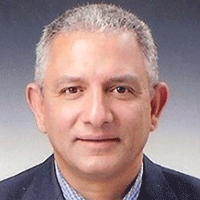
Ahmed Al-Jumaily, Ph.D.
Professor of Biomedical Engineering and Director, Institute of Biomedical Technologies, Auckland University of Technology, Editor in Chief, ASME Journal of Engineering and Science in Medical Diagnostics and Therapy
Moderator
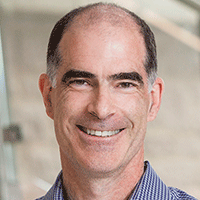
Philip V. Bayly, Ph.D.
Professor and Chair of Mechanical Engineering, Washington University in St. Louis
Panelist
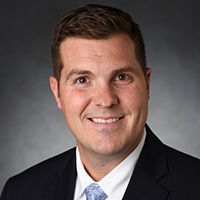
Reuben Kraft, Ph.D.
Associate Professor, Institute for Computational and Data Sciences, Pennsylvania State University
Panelist
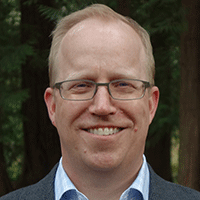
Kendall R. Waters
Director of Intra Cardiac Echocardiography, Siemens Healthineers Ultrasound
Panelist
Wednesday, Nov 2, 8:30am – 9:30am
NSF - Dynamics, Control, and System Diagnostics
This presentation will introduce the NSF Dynamics, Control and Systems Diagnostics (DCSD) program and describe changes to its funding priorities that aim to promote the fundamental science and engineering of dynamic systems to advance solutions to urgent societal problems, while also broadening participation from investigators that are currently underrepresented in STEM and the institutions that serve them.
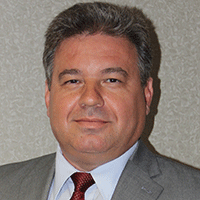
Dumitru (Micky) Caruntu
University of Texas – Rio Grande Valley
Moderator
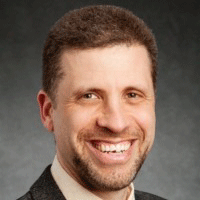
Harry Dankowicz
National Science Foundation
Panelist
Wednesday, November 2, 8:30am - 9:30am
Systems Engineering Requirements for Space Habitats
Presented by the ASME Space Technology Group for Exploration and Habitats, this panel will bring together leading experts from NASA and industry to discuss the vital system requirements that will underpin human habitation in space. Experts in space robotics as well as surface and orbital habitat will be on hand and in person to represent all the necessary perspectives. Attend and help determine a key ingredient of the next big leap in human exploration!
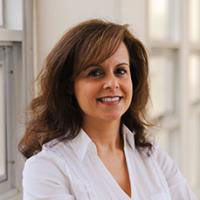
Assimina A. Pelegri, Ph.D.
Professor and Interim Department Chair
Mechanical and Aerospace Engineering
Rutgers, The State University of New Jersey
Co-Organizer
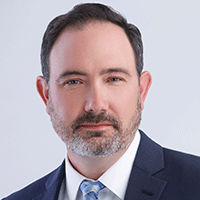
Joseph R. Smith
Director of Mechanical & Aerospace Division
SC Solutions
Co-Organizer & Co-Moderator
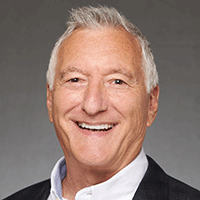
Morgan Gendel
Star Trek Writer
and Founder of Planetary Shelter LLC
Panelist
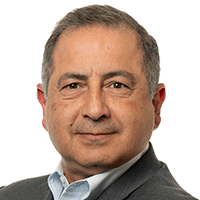
Al Tadros
Chief Technology Officer
Redwire Space
Panelist
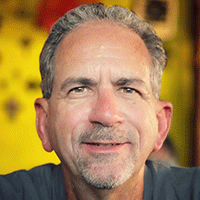
Larry Toups
Emeritus at NASA Johnson Space Center
Adjunct Professor
University of Houston College of Engineering
Space Architecture Program
Panelist
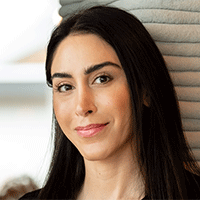
Melodie Yashar
Director of Building Design and Performance
ICON
Panelist
Thursday, Nov 3, 8:00am – 9:00am
Building Collaborations between R1 and HBCUs and Minority Serving Institutions
Dr. Constance Meadors will describe opportunities for both large and small institutions to benefit from NASA and NSF programs for Inclusion, Diversity, Equity, and Accessibility. In particular, she will highlight the NSF/NASA Inclusion across the Nation of Communities of Learners of Underrepresented Discoverers in Engineering and Science (INCLUDES) and NASA EPSCoR Fellowships Advancing Science and Technology (FAST).
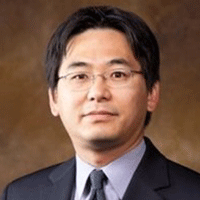
Adam Huang
University of Arkansas, Fayetteville
Panelist
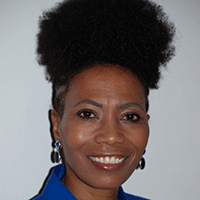
Constance Meadors
NASA Faculty Fellow and Minority Serving Institution STEM Engagement Liaison
Panelist
Thursday, Nov 3, 8:00am – 9:00am
Is There a Future for the Internal Combustion Engine?
Politicians and investors are all-in on battery electric vehicles, and we are seeing EVs trending upward in all major markets. But is this realistic? Is this really the end of the road for the internal combustion engine? Five expert panelists weigh in on what they see as the future for the IC engine.
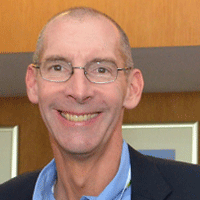
Brian West
West Energy & Environment Associates
Panelist
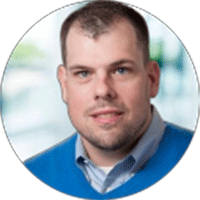
Jim Gamble
VP-Engine and Fuel Cell Technologies, Wabtec
Panelist
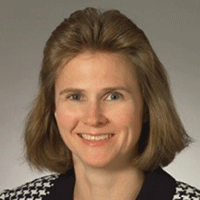
Michelle Dunlap
Engineering Program Leader – Engine Business Unit
Cummins Inc.
Panelist
Thursday, Nov 3, 8:00am – 9:00am
Academia/Industry Collaboration and Research Funding
There is always a gap between academic research topics and industry research interests. This panels serves as a platform to discuss these gaps, possible path for commercialization and industrialization of academic technologies and research funding opportunities.